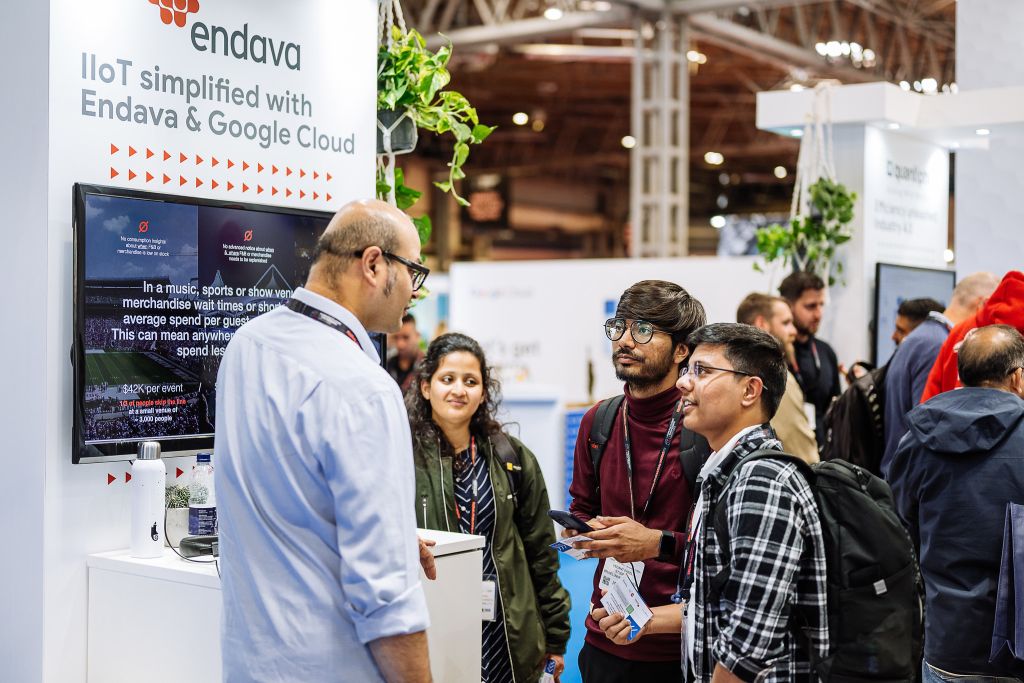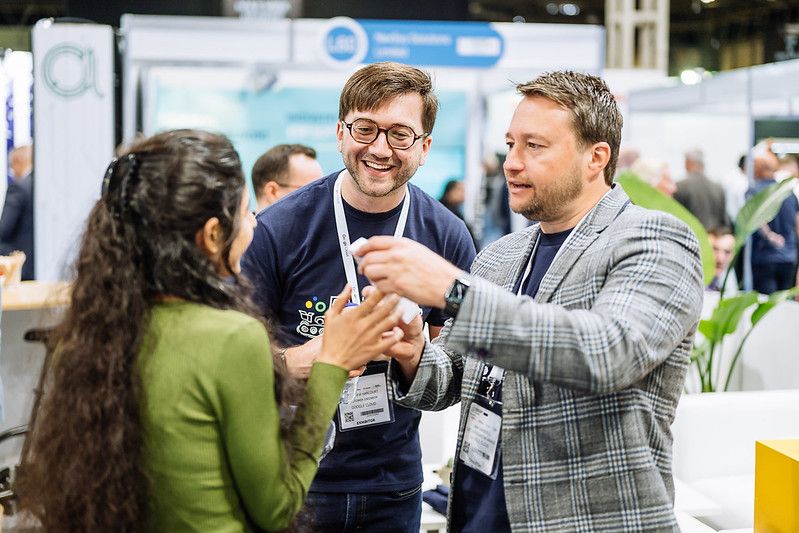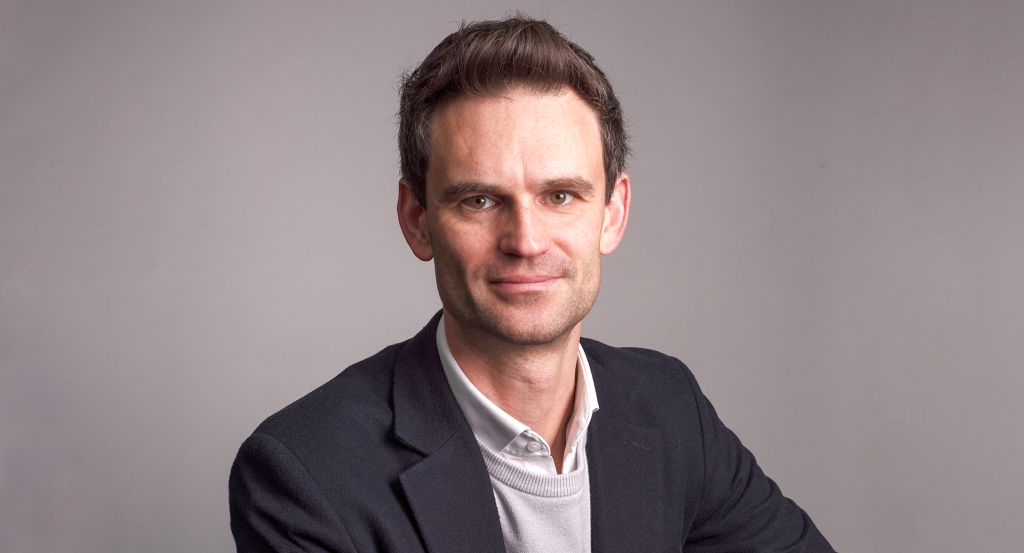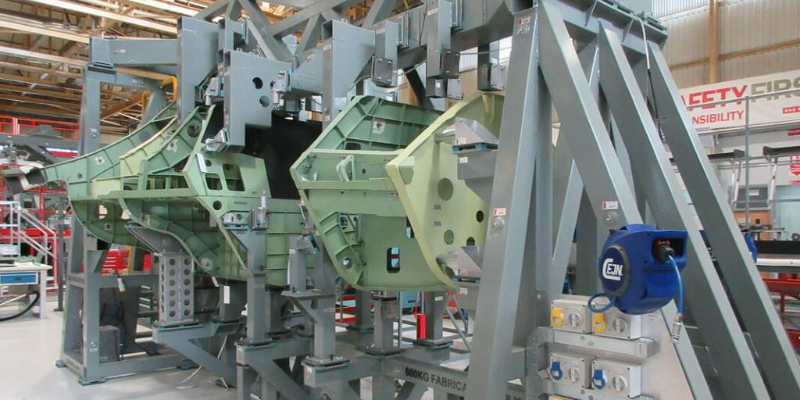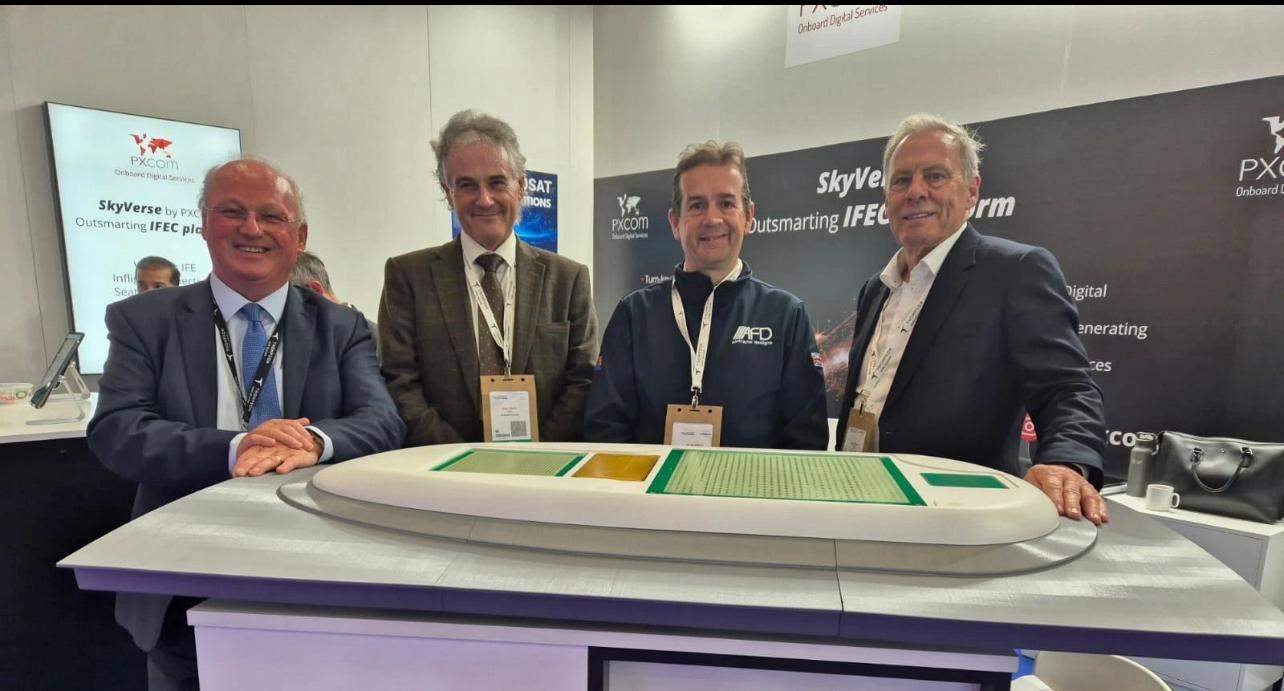
Manufacturing & Engineering Week – more than just another event
15th Mar 2022 | In News | By Mike Richardson
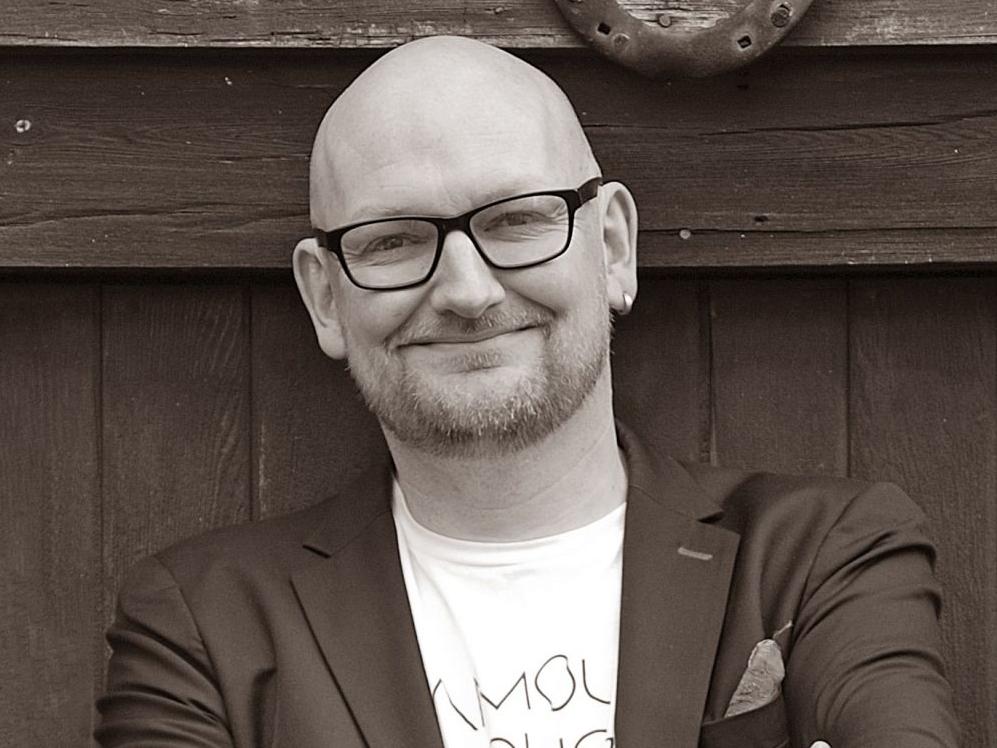
Ed Tranter has been one of the driving forces behind Manufacturing & Engineering Week, designed to bring together the best of British innovation with companies looking for new solutions.
We caught up with him to ask what makes Manufacturing & Engineering Week different from a run of the mill exhibition and how it will help the UK meet the challenges it faces.
What is Manufacturing & Engineering Week and what areas will it focus on?
Essentially, Manufacturing and Engineering Week is about pulling together all aspects of manufacturing and engineering, so it will cover the whole process - from design through to delivery and creation of products, through the actual process of manufacturing and taking the final goods up the supply chain to go into an OEM's final product and then on to the consumers.
But above all it's about inspiration about what new innovations can do, together with putting them into practice. It’s about learning - through the conference programme, the Workshop programme and then meeting the exhibitors and engaging with them about how they can work with your company.
It's our ambition that Manufacturing and Engineering Week will eventually become the Hanover Fair of the UK.
To support this ambition, we have created a series of events - Manufacturing Expo, Engineering Expo and Design Engineering Expo, combining them with Maintec, the UK’s largest maintenance event. Manufacturing and Engineering week is from the 7th to the 10th June, kicking off with virtual sessions, keynote speakers and panels talking about the different challenges facing manufacturers.
The main event is the 8th and 9th, and those two days are back-to-back with content. A host of market leading exhibitors will be there, giving the opportunity to network and learn from all different aspects of industry.
It's the sort of thing a manager or engineer can bring their whole team to – operations, safety, maintenance, and design. Every single aspect can come because there are elements of the show that are specifically created for them. So, rather than focusing on a specific vertical sector, all of the content, programming and the entire event is being focused more on job function.
For example, an automotive design engineer focuses their entire life pretty much on automotive technologies, whereas there is lots they could learn from aerospace, from medical, from sub-sea, from space that still applies to them, so it's more about learning across your role.
Why is now a good time for an event like this?
For us, the reason for doing the show is basically to help UK industry in a post Brexit, post pandemic world and economy.
The pandemic has of course been a challenge, but actually for manufacturing and engineering, Brexit has been a much bigger issue, with the EU being our largest trading partner and being more of a challenge to deal with.
A related issue is that the UK is now having to find its own trade deals and we think the biggest way to do that is through manufacturing and engineering. We're still the ninth biggest manufacturer on the planet and 19% of the UK's workforce work in manufacturing.
There is now a great opportunity for the government and for the nation as a whole to put its stake in the ground for all kinds of trade deals and we want to be a platform for that. For example, if you look at our Advisory Board, the people we've brought together are incredibly senior and from a broad range of areas across manufacturing and engineering, from government, and trade bodies. They have helped us pull together a content programme that helps promote UK innovation and showcase the country as a good place to work with.
What will make this event stand out on the 2022 event calendar?
I think it's the breadth of content and the breadth of learning across all aspects of manufacturing and engineering - it's not just one piece of the puzzle. We have elements for design engineers and manufacturers and traditional engineering directors and everything within that, but we’ll also turn the spotlight on health and safety, operational management, people and productivity, and a host of other vital aspects.
It's a place where the team can come and there will be something for everyone and the content reflects that - the quality and range of speakers that we have is phenomenal. Also, all of our content, whether it's practical workshops or the conference content, is all CPD approved, so it will be useful for those engineering professionals wanting to maintain their chartered status.
Overall, the idea is that we want to promote collaboration. We want it to be an opportunity for peer-to-peer networking. People come wanting to learn - most engineers arrive wanting a practical solution for a specific engineering problem and manufacturers are after the same thing. If you look at some of the topics that we're covering, obviously Net Zero is a huge aspect of what we're talking about. We are doing a lot to show the innovations in this area and how Net Zero can be achieved in a smarter way.
What will visitors gain by attending the event?
I like to think of it as being in three stages - every business wants to grow, every business wants to innovate and also individuals will have tasks, challenges and things they need to overcome. Everyone and everything gains benefits by learning more from people that have done it.
Engineering and manufacturing is all about innovation, but it's also all about incremental change. Learning from mistakes and making things better is at the heart of it. So, our focus is that you come along, you see the conference content, which should inspire you or offer you ways of seeing how your peers have done it. We have speakers confirmed from some of the large industrial powerhouses of the UK, Siemens, Airbus, GKN, but, as we know, 99% of manufacturing companies are SMEs, and so that is a major content focus on us.
A major content focus is hearing from SMEs on how and where they have focused on changing or pivoting their business. It will showcase their success stories, talking warts and all about the challenges that they've had and giving visitors genuine insight and inspiration.
The workshops are also focused on practical implementation, such as how to deal with the new EU rules, particularly when you don't have a cast of thousands in your accounts or legal team.
Our events and workshops will enable you to know everything that you need to know. The workshops are about practical problem solving, so whether it's in engineering design or cyber security, or the Internet of Things, there is something there for you to meet the challenges you face.
Speaking of challenges, what do you see as the biggest ones facing UK manufacturing and engineering companies right now and how can these be overcome?
I think one of the biggest challenges that has been facing the industry, for what seems like decades, is skills and how to get the right people with these skills into the industry. Because of the nature of the skill set required for manufacturing and engineering, attracting the right kind of people actually requires getting in at the primary school level to get children thinking about it.
And also, just getting more women into the industry, because that will go a long way to solving our skills problem, by giving us a much bigger pool to draw on. To do this we need to show people that manufacturing and engineering is an amazing career with so many opportunities that can take you all over the world into all manner of things.
Another major challenge for all of us in the industry is Net Zero, with the timetable moving towards us rapidly and manufacturing being a huge user of energy. Solving that problem is where most people are focused at the moment.
And then there is trade. Government needs to get behind industry and have an industrial strategy, a clear policy to support manufacturers and engineers in taking UK PLC abroad and encouraging inward investment, which is now a little more problematic than it used to be.
The UK’s industry is incredibly innovative – Manufacturing and Engineering Week is designed to help unlock this creativity by bringing people together from across the breadth of UK companies. By using these abilities to produce new ideas and new techniques in design, manufacturing, assembly, maintenance and servicing, the UK can overcome these challenges and boost its competitiveness.
Consider a free digital subscription
If you find this article informative, consider subscribing digitally to Aerospace Manufacturing for free. Keep up to date with the latest industry news in your inbox as well as being the first to receive our magazine in digital form.


